Afghanistan
Return to article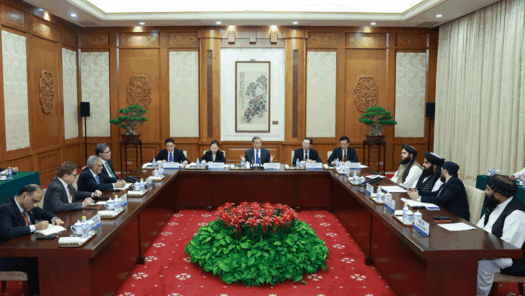
SAV Q&A with Kamran Yousaf: The Future of the China-Pakistan-Afghanistan Trilateral
In May, Pakistan, Afghanistan, and China met for a momentous trilateral dialogue in Beijing, which served to restore Pakistan-Afghanistan ties and renewed the grouping's commitment to extending the China-Pakistan Economic Corridor to Afghanistan. In recent months, China and Pakistan have…
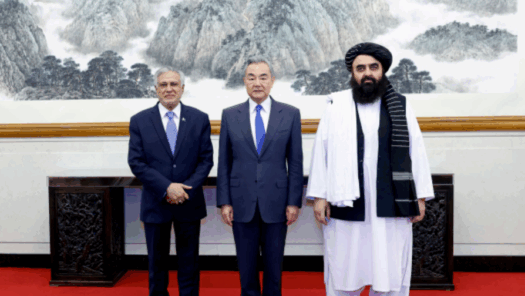
Trilaterals in Testing Times? The Pakistan-Afghanistan Dynamic and China’s Diplomatic Calculus
At the recent Shanghai Cooperation Organization’s Council of Foreign Ministers’ meeting in Tianjin, China, Beijing stressed the importance of stability in Afghanistan and underlined the need for multilateral efforts for the country’s reconstruction and development. Pakistani Foreign Minister Ishaq Dar…
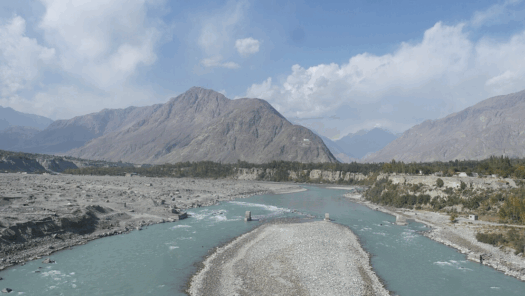
Strategic Waters: The Indus Treaty Abeyance and South Asia’s Hydropolitical Future
India's recent move to put the Indus Waters Treaty (IWT) in abeyance in the wake of the terrorist attack in Pahalgam on April 22 has caused a ripple in South Asia's hydro-diplomatic circles. Among the most striking moves in the…
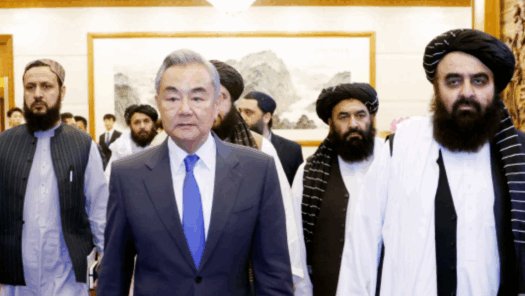
افغانستان میں چین کا تغیر پذیر منظر نامہ
افغانستان میں طالبان کے اقتدار سنبھالنے کے فوری بعد کی نسبت چین جسے ایک وقت طالبان کا "سب سے اہم شریکِ کار" (پارٹنر) سمجھا جاتا تھا، ایک تبدیل شُدہ صورت حال کا سامنا کر رہا ہے۔چین کے ساتھ مضبوط روابط…
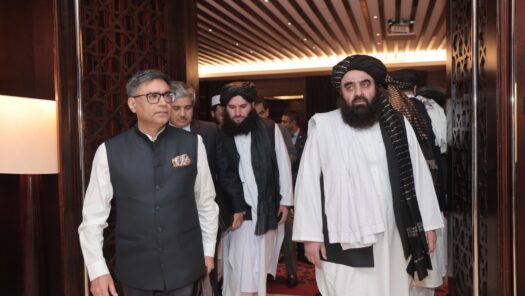
भारत का तालिबान 2.0 के प्रति रूख: सतर्क एवं सतत
हाल की भारतीय पहल, जैसे कि जनवरी 2025 में विदेश सचिव विक्रम मिस्री की तालिबान शासन के विदेश मंत्री के साथ बैठक और नई दिल्ली द्वारा अफ़ग़ान दूतावास का नेतृत्व करने के लिए तालिबान प्रतिनिधि को संभावित रूप से स्वीकार करने…

China’s Shifting Landscape in Afghanistan
Once considered the Taliban’s “most important partner,” China faces a changed landscape in Afghanistan compared to the immediate aftermath of the Taliban’s takeover. Following a period of strong engagement with China, the Taliban is now courting a broader array of…